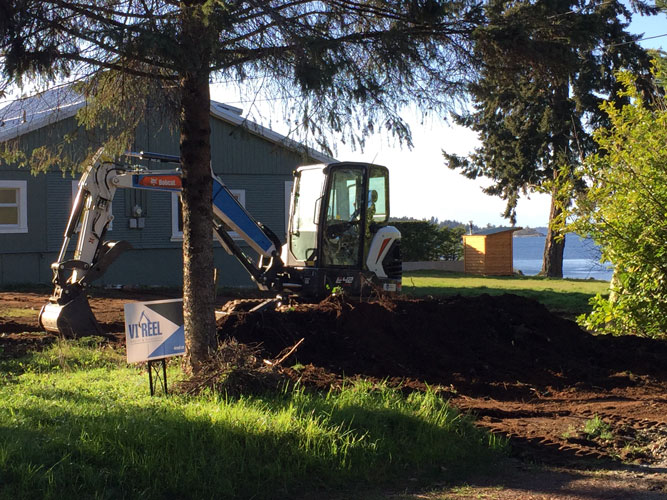If you live in a home with a septic system, understanding how it works and recognizing potential issues are crucial for maintaining a healthy environment. The septic pump is a key component that moves wastewater from your tank to the drain field. However, like any mechanical system, it can wear out or malfunction over time. Here’s what you need to know to keep your system running smoothly.

Why Your Septic Pump Matters
Your septic pump plays a vital role in ensuring that wastewater is effectively transported and treated. A failing pump can lead to serious problems, including backups, unpleasant odors, and costly repairs. Being aware of the signs of a failing pump can help you take action before it’s too late.

Signs of a Failing Septic Pump
1. Alarm Sounds
Many modern septic pumps are equipped with alarm systems designed to alert homeowners when there’s a problem. If you hear your septic alarm blaring, it’s a clear indication that the water level in your tank is too high. This could be due to a malfunctioning pump or a blockage in the system. Ignoring this alarm can lead to serious issues, including a flooded tank and sewage backups in your home. If the alarm goes off, it’s crucial to investigate the cause immediately.
2. Gurgling Noises
Unusual sounds coming from your plumbing can be a cause for concern. If you start hearing gurgling noises from your toilets, sinks, or drains, it may indicate that your septic pump is struggling to move wastewater effectively. These sounds often suggest that air is trapped in the system or that the pump is under strain. If you notice these noises, it’s a good idea to have your septic system inspected to prevent further complications.
3. Foul Odors
A properly functioning septic system should not produce strong odors. If you begin to notice unpleasant smells around your home or yard, it’s a significant red flag. Foul odors can occur when wastewater and solids cannot exit the tank properly, leading to buildup and decomposition. This not only indicates a potential failure of the pump but can also pose health risks to you and your family. If you detect strong septic smells, it’s essential to contact a professional to assess the situation.
4. Slow Draining Fixtures
Are your sinks, showers, or toilets draining slowly? While this could indicate a clog, widespread slow drainage is often a sign that your septic pump is not functioning correctly. If multiple fixtures are draining slowly, it may mean that the pump is unable to handle the wastewater levels in the tank. This can lead to backups and further damage to your septic system. If you experience slow drains, it’s important to investigate the issue promptly.
5. Pooling Water in Your Yard
One of the most visible signs of a failing septic system is pooling water in your yard, particularly above the drain field. If you notice soggy patches or standing water, it could indicate that your septic pump is not effectively moving treated effluent away from the tank. This not only creates an unpleasant environment but also poses health hazards due to the presence of harmful bacteria. If you see pooling water, it’s crucial to contact a septic professional to evaluate the situation.

What to Do Next
If you recognize any of these warning signs, it’s crucial to act quickly. Contact a septic professional who can accurately diagnose the issue and recommend appropriate solutions. Whether it’s a simple repair or a complete pump replacement, addressing the problem sooner rather than later can save you time, money, and headaches.
Conclusion
Your septic pump is a vital component of your septic system, and staying alert to its condition is essential for preventing major issues. By recognizing the early warning signs of pump failure, you can take proactive steps to maintain your system and protect your property. If you need expert assistance with your septic system, consider reaching out to VI REEL. We are committed to providing exceptional service and ensuring your septic system runs safely and effectively for years to come.


